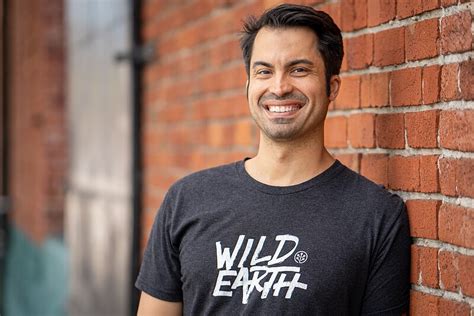A Quote by Enda Kenny
Conservation is important... water comes at a cost.
Quote Topics
Related Quotes
And having thoughtlessly polluted our streams and rivers, we have seen in recent years a rapidly growing market for bottled drinking water. I am sure that some will say that a rapidly growing market for water is "good for the economy," and most of us are still affluent enough to pay the cost. Nevertheless, it is a considerable cost that we are now paying for drinkable water, which we once had in plentiful supply at little cost or none at all. And the increasing of the cost suggests that the time may come when the cost will be unaffordable.
I have been asked so many times why I live a green life, why water conservation, why getting wells in places, why work with water organizations, why conserve water at home with double-flush toilets, why I tell my daughters, "Turn off the tap" so much. Sometimes I want to say, "I wish I knew the answer." My answer really is: I don't understand why everyone doesn't feel this way.
There is a preliminary belief that Tuolumne River water could be captured by other reservoirs that are downstream from Hetch Hetchy, the Cherry and Don Pedro reservoirs for instance. Furthermore, any shortfalls could be supplied via greater conservation efforts, newly discovered groundwater supplies, and water purchases when necessary.


































